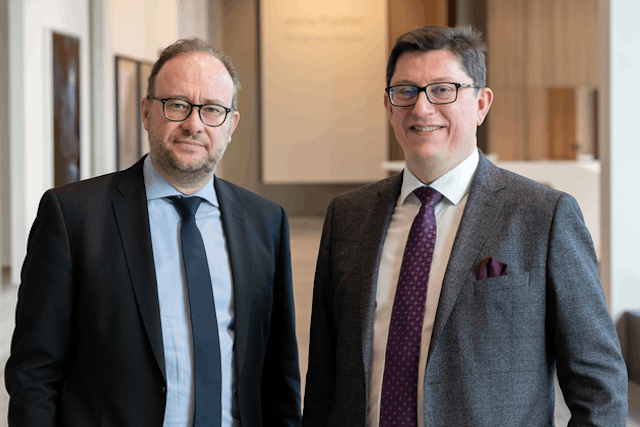Consider, for example, to what extent the topic of anti-money laundering has been in the spotlight this year. Nevertheless, leaders have lifted their heads to refocus on their main agenda: simplify, grow, perform.
Banks need to simplify not only their modus operandi but also their range of products and services, their fees, the markets they serve. They must refocus. Years of rush have led to an accumulation of organizational and procedural layers. Tariff plans have on occasions been adapted too quickly in the face of regulatory imperatives. Banks also question the economic value of extended product or service offers which are increasingly difficult to maintain, while the same goes for their presence in some countries or client segments.
Banks seek growth. The critical size has been pushed upward in private banking. We see this clearly with recent acquisitions in the sector, and also in Luxembourg in relation to the deals made over the last two years, in equity or in assets and teams. We also see it with certain divestments, with banks questioning their involvement in an activity too small to be sustainable. Growth is also organic, as demonstrated by the development of new products and services which are better tailored to clients and often more sophisticated, or establishment on selected markets or clients segments. Size matters and the wave is not over.
Finally, banks work on restoring margins and gaining in performance and efficiency. Low interest rates, the pressure on commissions resulting from regulations like MiFID II, the increase in overheads and investments due to staff and regulatory costs in particular, all these elements put banks under pressure. In addition to the simplification and growth initiatives set out above, specific actions are being launched such as tariff schemes adaptations, cost control plans and the return of lean programs.
The context is however different. Banks have a much stronger interest in innovation and digitalisation than before. Innovation is not only technological: beyond customer experience, robotics and digitalisation, it can impact products, services or approaches to problems. Innovation can be an important lever for banking transformation and in particular open innovation, i.e. the ability to integrate an innovative digital solution, or fintech.
Luxembourg has a growing pool of fintechs which are established or operating in the financial sector. There are solutions that can help to boost growth, such as automated credit solutions or robo advisors, or solutions that can simplify operations, in particular with regtechs, for customer onboarding for example. A massive adoption of fintech solutions has not yet occurred in Luxembourg but an amazing journey has already been accomplished over the last 4-5 years. The advantages of fintech solutions are understood by more and more banks in cooperation mode. It is not a simple matter however, and banks that have started have experienced real difficulties in many cases.
Fintechs can accelerate transformation although adoption will take time but will eventually happen. When banks have realized the full potential, impacts may be big.
Authors: Philippe Wery, CEO, Denis Costermans, Lead Advisor Banking
